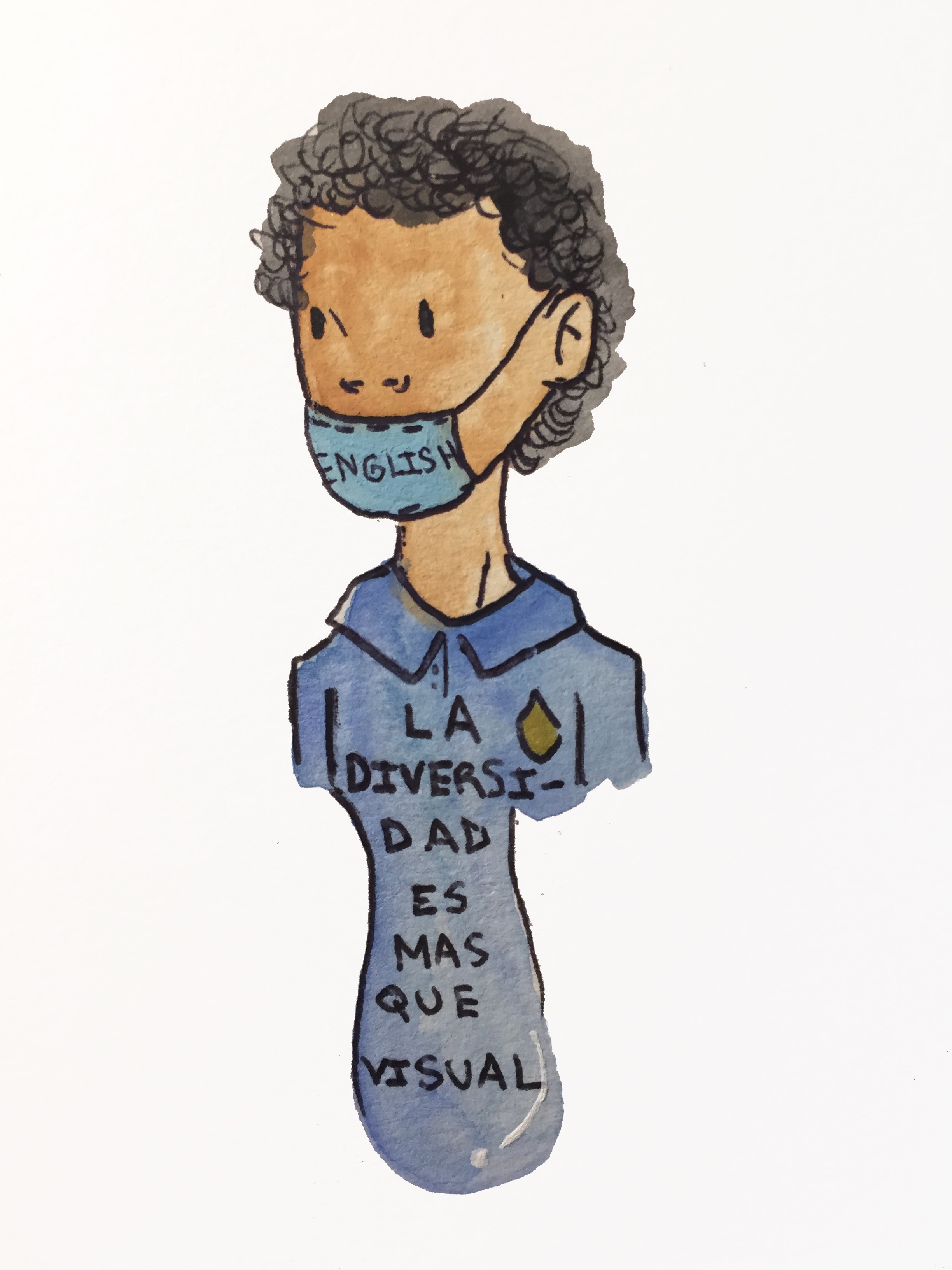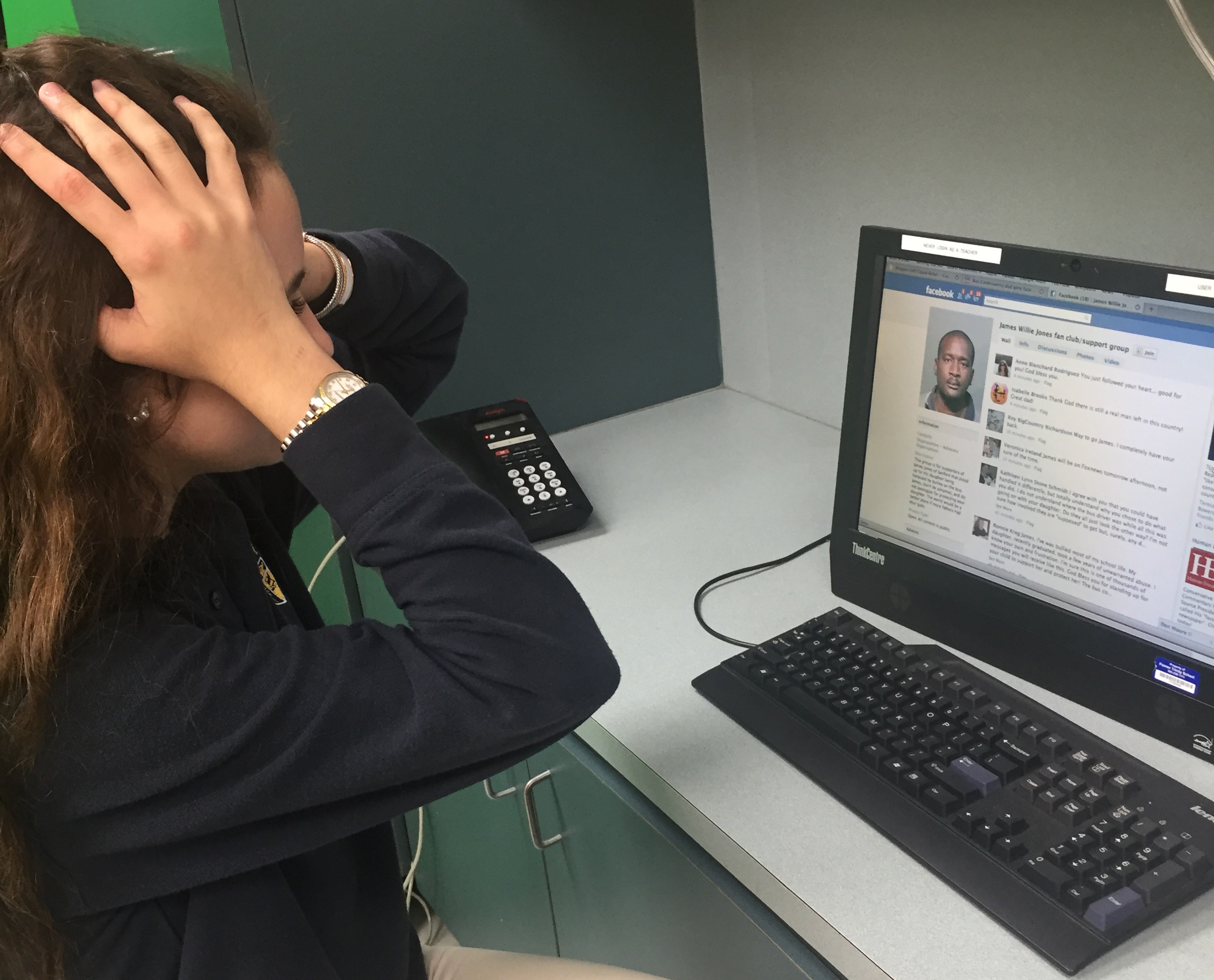What's the Point of School?
 Thursday, March 8, 2018 at 9:33AM
Thursday, March 8, 2018 at 9:33AM BY: ANONYMOUS PTS STUDENT
What's the point of school? Common answers vary between enhancement and preparation, whether it be gaining knowledge for the sake of learning, obtaining information to achieve a goal -- going to the best college and working a fulfilling career -- or passing with an A regardless of whether one learns -- once again, for the sake of college. It is a rare few that are content enough with their heritage-imposed fate to acknowledge the pointlessness of it all. I presume one day they will form a lazy illuminati, silently mocking the work-obsessed, while toying with the lives of others in a futile, hedonistic attempt at enjoyment. However, today is not that day.
School can be considered life’s most significant time, especially considering it is when we come of age. When it comes to brain development, studies agree that the most important time in a person's life is earlier; the brain is more malleable. Actions and habits have an increased likelihood of permanently affecting the brain until the ages of around 18 to 21, depending on the person, when the fragility of the brain plateaus. Until that age, people need to be especially wary of actions and habits because they will affect the rest of their life.
It just so happens that 18 -- or 22 if you're smart, lucky, or rich (with information) -- is the assumed length of time at the beginning of one's life that they dedicate to education. These adolescent years are important.
At this point we are reminded of the question we started with: What's the point of school? We can punish ourselves now with getting 3.14 hours of sleep to study for a huge math test the next day; we can stay up all night reviewing the immense topics covered by AP classes; we can cheat on homework and not actually learn the material, silently holding a teacher accountable for assigning tedious work for the sole sake of assigning tedious work; we can go behind our peers' backs to put them down because we want to be the best, and they stand in our way. These are the lengths to which we go to justify neglecting the present! We claim everything is about jobs and salaries, of which the best will be obtained by attending the most highly rated college, which can only happen as academics soar, and are attained easiest through the aforementioned vulturous actions.
The stable geniuses who submit to the system, and the authorities who perpetuate it, omit one fact: the years leading up to graduation truly make a person. Learning itself is of the utmost importance in those years, yet emphasis is always placed on the products of learning (grades, college, jobs, and salaries) rather than actual lessons and information. People think of the future rather than the moment. For this purpose, students take advantage of this system and take short cuts. The authority retaliates with threats and punishments. Why spend honest time doing homework you know has no real purpose if you can cheat, and ensure the same grade? And similar in sentiment but opposite in practice, why go to sleep at 10:00 pm on school nights to conserve health if you can stay up all night, sacrifice some health and throw away a balanced circadian rhythm to pass school and finish all assignments? It is important to acknowledge that the cheater (first student) and overachiever (second student) pass school with similar grades, both sacrificing different aspects of their lives that are indescribably important before the ages of 18 to 21! These sacrifices will have an effect on one's unseen future in the brain, which will realistically have a much larger impact than grades on how one lives the majority of their life. The only moral students who are trying to balance their lives can get at most average grades and average health, lacking the required amount of sleep, and stressing out a lot. And the other students who don’t fit into any of those categories, the woke nihilistic illuminati, likely understand these facts and gave up the premise of living "correctly" a long time ago.
This broad preoccupation with grades must come to an end; it is impractical. Our educational system does not permit a student to get an A both in school and life. Most must fail somewhere. Too many sacrifice health because an ever-continuous onslaught of assignments requires 25 hours a day and eight days a week. It is too easy to cheat and not learn anything only to see the letter A on PlusPortals, rather than develop a strong work ethic. It's extremely hard to be content with less than the best, however if someone must choose a part of their life before the age of 18 to disregard, it makes more sense to throw away an inaccurate numerical assessment (which is known to induce much unnecessary stress) more than health and ethics required for someone to live a long and fulfilled life. You can brush a grade off your back, but not an empty head. If you hope to live to the age of the average of your numerical grades, then there must be a change.
It is for this reason too that community service deserves more attention and genuine participation. Of course we understand the drive and ambition to go to as prestigious a college as possible, but grades are not the only way that colleges evaluate applicants. With the effects on the brain of taking shortcuts or dire measures for a grade, it makes sense not to stress out about grades. There are ways that have truer benefits for many people. I hate to make the argument that community service should be used in a self-serving manner (it most definitely shouldn't), yet community service is a better and less superficial area to focus on than grades.
For students to beat themselves up during their vital developmental stage benefits no one; the damage is done for the entire time after they've finished school, which is ironically the exact opposite of the supposed purpose for people's poor treatment of themselves. Looking to the future doesn't have to mean neglecting the present. With the human flaw of consistently using numbers to shroud meaning, it seems necessary to put this into perspective: the 18, 22, or more years one spends on education are hopefully about 1/5 of a person's life. If they don't maintain low stress levels and a high importance to health during their developing stages, that number could easily become 1/4. That fraction of one’s life at the beginning developing stages, albeit a small percent of one’s entire life, has an innumerable effect on the remaining 75% to 80%. There is no better example for this than the insect that's infested Palmer for as long as I can remember: the caterpillar. In the early stages, a caterpillar requires a ton of food in order to grow large enough to become a cocoon, and eventually a butterfly or moth. That early stage is vital to the rest of their life. Eating is the one goal of a caterpillar, and if they don't, they die. It is factually proven that without food in the early stages, a caterpillar will never go to college. However if a caterpillar does survive the early, developing stages, they finally grow wings and fly. Along the way to that stage at the end of our years of education where we have the ability to fly away, it is very possible we can find ourselves not getting enough food or stuck in a cocoon, but with the proper treatment of ourselves and understanding from authority, we can flourish. We just need to make sure we thrive in the present.
Our lives have started, and we cannot waste this time only looking to the future, at the expense of ourselves now. We live in the current. What we do now determines the rest of our life more than any grade. It's okay to neglect some tedious work to promote health and future. In fact, it's better to.
So what's the point of school? To learn within the bounds that our bodies and brains permit. To get as much out of the worthwhile classes as possible, and surrender as much as the insipid classes allow, without taking you down. Pick your battles, and come away with more than when you entered. Learn in the interesting classes. And of course, plant the seeds to a future that can bloom and bear fruit, because it has outlived and thwarted everything that's threatened to tear it down.
 The Falconer | Comments Off |
The Falconer | Comments Off | 





